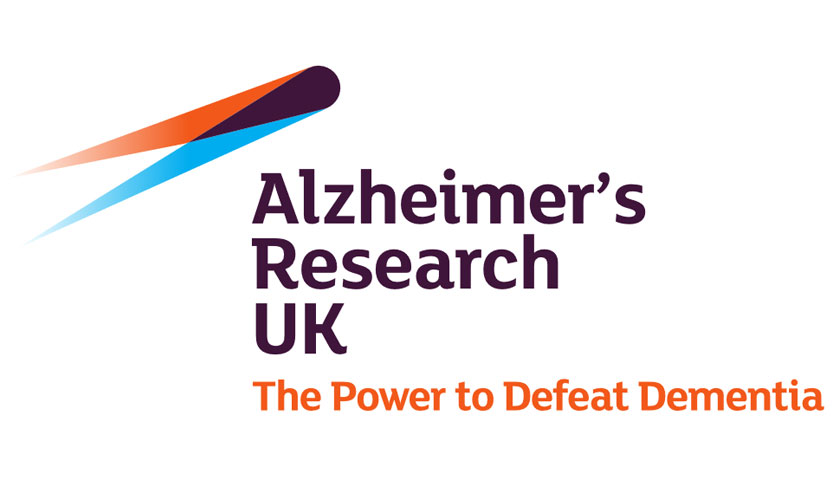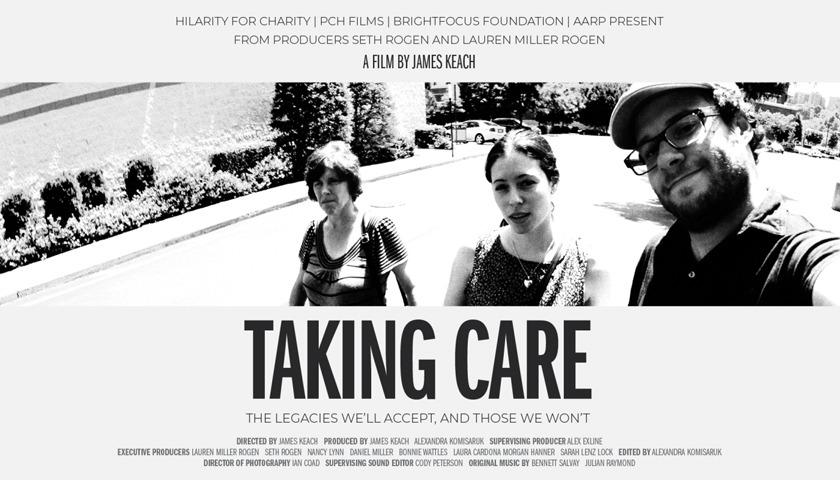Alzheimer’s Research UK, the UK’s leading dementia research charity, is asking people to take part in a new survey that could help shape future treatments for dementia. The online survey asks for people’s views on the aspects of daily life that are most important to them, and which they’d most like to protect if they were to develop a disease that causes dementia. The survey was launched Tuesday 20 August, at alzres.uk/shapetreatments
Over 850,000 people in the UK are currently living with dementia. The condition is caused by brain diseases, most commonly Alzheimer’s, which cause brain cells to die and impair the brain’s ability to function. With few treatments available, and none that can tackle the course of the underlying disease, Alzheimer’s and other dementias are now the country’s leading cause of death.
Scientists across the globe are working to develop effective treatments for dementia, and it’s Alzheimer’s Research UK’s mission to bring about the first life-changing treatments for dementia. There are over 240 potential new treatments for dementia in clinical trials, but there is currently little data available on what the general public would want to see from such a treatment. This information will be crucial for regulators when they are asked to assess the new treatments coming through clinical trials.
Currently new treatments are assessed on their ability to alter markers of disease, improve performance on memory and thinking tests and impact a person’s day-to-day life. However, there is little information in the UK about the aspects of daily life that are valued most highly by those with dementia or those facing the condition in the future.
Alzheimer’s Research UK aims to address this challenge by collecting views from as many people as possible on the things that would be most important to them to protect if faced with a diagnosis of dementia. Working with researchers at the University of Edinburgh, the charity has launched the Shaping Future Treatments survey and is asking people with and without dementia to take part.
Graeme Armstrong, whose wife Trina is living with a rare form of Alzheimer’s disease, helped feed into the survey’s development. He said:
“Initially, Trina’s form of dementia just affected the way her brain processed visual signals. Picking out clothes became difficult and being unable to read to our grandchildren was very upsetting. Her condition has now progressed and Trina is not only functionally blind, but she has lost much of her short term memory. This combination means that she can no longer see her way around the house but neither can she remember the layout of the house or of individual rooms. In effect, almost every journey is made for the first time. This is much worse than losing her sight alone.
“We would love to see a new treatment that could help people like Trina, but we know that any new treatment would need to be deemed effective enough before it could become available. It’s hugely important that decision-makers know what matters to people like us, so I’d urge everyone to take part in this survey.”
The results of the survey will be used to help inform regulators and healthcare decision makers who will be tasked with assessing the next dementia treatments. They will also be shared with researchers who are working to develop future treatment approaches.
Minister for Care, Caroline Dinenage said:
“Dementia is one of the major health and care challenges of our time and it’s crucial we are at the forefront of cutting-edge research to develop new treatments and help people live the best quality of life.
“Whether you have dementia or know someone who has, I urge you to take part in this survey to equip researchers with the information needed to make the UK the best place in the world to live with dementia.”
Hilary Evans, Chief Executive of Alzheimer’s Research UK, said:
“It’s the public that drive our mission to bring about a life-changing treatment for dementia, and it’s important for people’s voices to be heard by those involved in that effort.
“Everyone’s experience of dementia is different and we all have different things that are important to us – whether it’s our ability to enjoy hobbies and social activities, our sense of identity or our relationships with family and friends. Information about what aspects of life people would most want to preserve in the face of dementia will help drug regulators assess the value of potential new treatments in a more informed way.
We’re asking everyone to take part in our survey, whether they have experience of dementia or not, to make sure we capture as many opinions as possible. We’ll build on the results with further research, to understand what side effects people would accept in a treatment that could provide the benefits that they deem most important. By taking part in this survey, you could be helping to shape future treatments for dementia.”
Prof Craig Ritchie, Study Lead from the University of Edinburgh’s Centre for Clinical Brain Sciences, said:
“The way we determine currently if a treatment works to help people at various stages of Alzheimer’s disease relies heavily on tests that may be of little direct relevance to an individual’s sense of wellbeing. The Shaping Future Treatments survey will provide us all with fantastic and relevant insights into what matters most to people at risk of developing dementia.”
To take part in the survey, visit alzres.uk/shapetreatments


